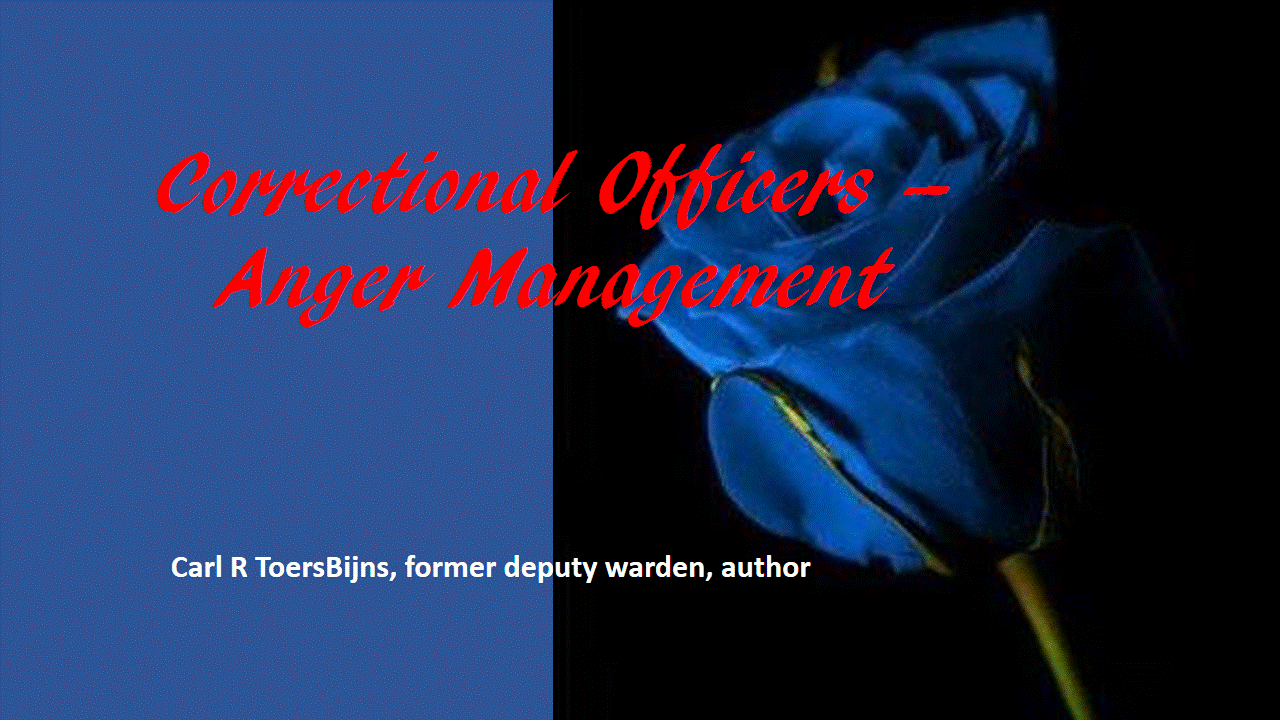There are two types of anger issues – constructive and
unconstructive. The difference between the two is what we call control or in
some cases, self-control. Constructive anger is designed to motivate us in a
positive manner and give us the means to fight back or overcome both mental and
physical barriers imposed by something or someone. Unconstructive anger is
negative energy and clouds our ability to think clearly and often clouds our
judgment. It is often referred to as an act of hostility associated with a bad
attitude and can ruin your relationships or life forever.
Thus it is appropriate to say that anger is an emotion that
centers on either gaining self-control or losing control. It may also be an
avenue to gain control of a situation or perhaps a perceived notion that you
are losing control over some personal important values or pride. These choices
are entirely based on the situation at hand and how it impacts your thinking as
well as your actions. Remember the difference between personal and professional
standards as well and you are on your way to resolve your anger issues.
As a correctional officer you are often faced with
situations where your pride is on the line and your ego is personally attacked
by those you supervise or manage under your tour of duty. Name calling is the
most common style of attacks as well as the physical kind that triggers your
emotions to take action and defend yourself or your self-importance. It is this
underlying anger to respond to these negative triggers that puts you at risk of
being disciplined or harmed if you react to the name calling in an
inappropriate manner and observed or caught in the act by someone that reports
your acts as misconduct.
If anger prompts you to take negative actions, you need to
re-evaluate your ability to withstand the verbal abuse or criticism of your job
or your behaviors. You need to make a negative event into a positive event that
allows you to come out of it clean and without any questions. When you feel
that anger may cause you to lose control and prompt aggressive behaviors, it is
time to assess your underlying feelings and re-shape your thinking to gain
control again. Something else you should take into consideration are the side
effects of having such anger within you creating serious health problems that
may range from stress to heart attacks.
Domestic violence is not tolerated and can result in losing
your job. Excessive force or other misconduct is reviewed by superiors and may
result in criminal charges or “color of law” violations that impacts a person’s
civil rights and a situation where you could be personally held responsible for
your actions leaving you with expensive legal costs and no assistance from your
employer.
Anger management is not just a common phrase to identify
tools to control your anger. It is a way of life and must be adhered to in
order to avoid serious mistakes and potential run-ins with the law even if you
are a certified police officer or correctional officer.
Managing your anger will also allow you to feel better about
yourself and attain a healthy lifestyle that will give you longevity and
happiness.
1.
Keep track of your anger and how often you lose it.
Notice how you are provoked or threatened
2.
Talk to yourself and agree within your own span of
control you will try to delay getting angry. Don’t jump to conclusions or make
assumptions to further aggravate you
3.
Cool it and chill out - stop yourself from any
thoughts of hostile acts or attitudes. Walk away if you can
4.
Decide what you can do about the situation; then do
it and let the anger go.
5.
If you are chronically angry, take a look at
yourself and determine what it is that angers you and how your negativity can
justify the means to act a certain way.
6.
Avoid overstimulation. Get plenty of rest and
exercise because sleep deprivation is a common factor in poor judgment and
hostile behaviors. Manage the caffeine and other stimulants.
7.
Learn to listen and refrain from being impatient and
quick judgments.
8.
Assume other people have good intentions when they
talk to you and although you may not trust them completely try to accept the
possibility and see it from another perspective.
9.
Learn to laugh at yourself and allow your sense of
humor to control the situation.


No comments:
Post a Comment